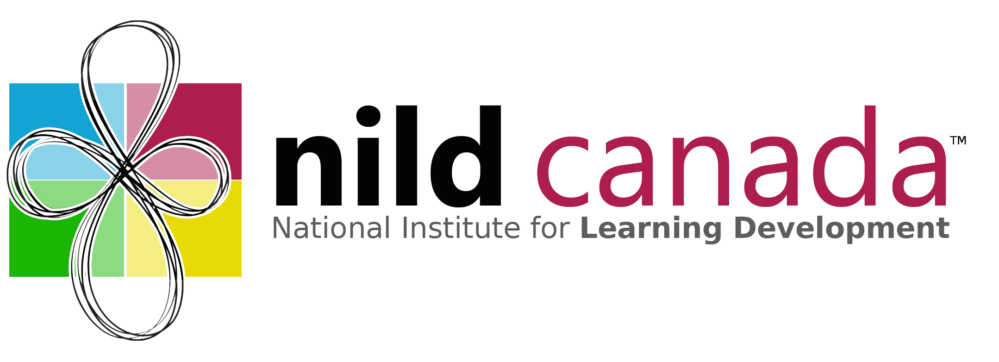NILD Educational Therapy
What is NILD Educational Therapy?
NILD Educational Therapy® is a direct, language-based intervention for students with learning difficulties. Our focus is to strengthen the underlying weaknesses rather than simply treating the symptoms. It supports students with dyslexia, dysgraphia and dyscalculia, as well as those with ADHD, Auditory Processing Disorder, Autism Spectrum Disorder and more.
NILD Educational Therapy is a true therapy because it is individualized and aims the intervention just above the student’s level of functioning and raises expectations for performance. Your student is trained to view themselves as a competent, confident learner.

Each therapy session includes a variety of techniques designed to address your student’s specific areas of difficulty and to improve his overall ability to think, reason, and process information. Techniques emphasize basic skill areas such as reading, writing, spelling, and math, as well as applying reasoning skills within each area. Students are taught by highly trained NILD Educational Therapists who utilize our unique methodology.
Our commitment is to excellence as our educational therapists receive on-going, graduate level training to obtain certification, as well as regular support and professional development. Regular collaboration between the educational therapist, parents, and classroom teachers is encouraged in order to assess progress and appropriately adjust educational programming for each student.
Building Confidence and Competence!
NILD’s logo, the figure eight, represents four key components developed through NILD Educational Therapy.

Cognition
Cognition refers to thinking processes such as reasoning, reflecting, attaching meaning, remembering and evaluating.
Perception
This refers to how we receive and process information either through sight, sound, touch, movement, smell or taste.
Emotion
The way we feel about the world around us, our relationships with others and our approach to life is largely impacted by our emotions. Self-confidence plays a key role in this.
Academics
Students must be taught “how to learn” in order to successfully learn the required content. Teaching a student how to learn creates independent learning skills that build competence.
The figure eight is incorporated in one of our core techniques, Rhythmic Writing, that helps to strengthen attention, processing skills, and handwriting.
NILD Educational Therapy stimulates areas of weakness through individualized and intensive intervention.
Every student is unique!
NILD’s research-based, individualized approach is unique, too.
